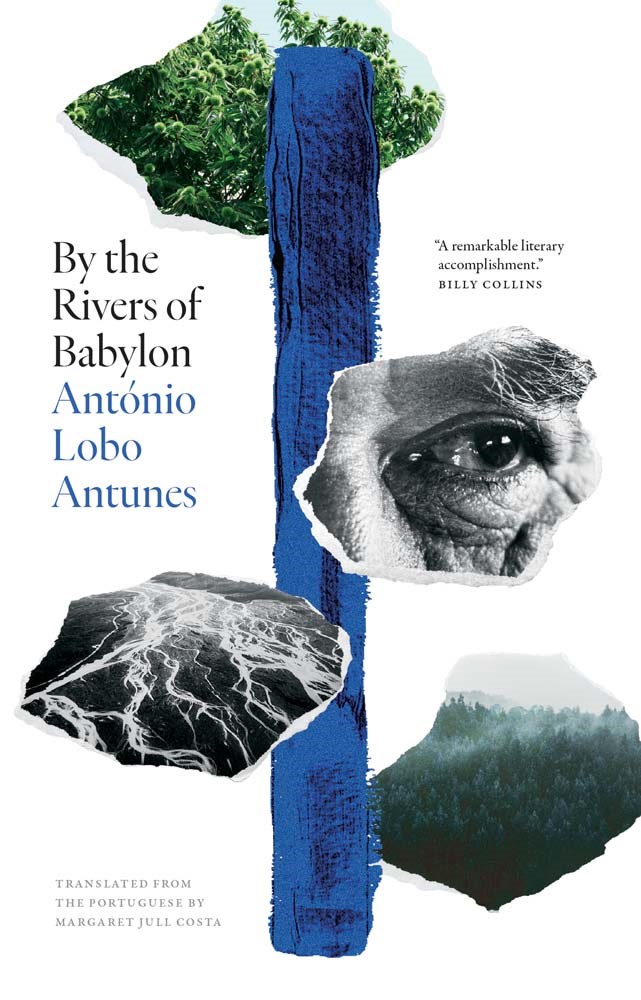Lawrence Olszewski
98 Articles
Last 30 days
Last 6 months
Last 12 months
Last 24 months
Specific Dates
From:
To:
The Suicide Museum
 Though digressive at times, Dorfman’s novel is a fitting tribute to the 50th anniversary of the coup that toppled socialist Allende’s legitimate presidency. It will keep readers engaged as they follow his quest but may disappoint some with its ambiguous conclusion.
Though digressive at times, Dorfman’s novel is a fitting tribute to the 50th anniversary of the coup that toppled socialist Allende’s legitimate presidency. It will keep readers engaged as they follow his quest but may disappoint some with its ambiguous conclusion.
PREMIUM
Pedro and Marques Take Stock: A Picaresque Novel
In his first work translated into English (with an intentional pun in the title not in the Portuguese version) Falero tries to instill sympathy into his characters, but readers may find the negative stigma attached to drug dealers overwhelms such efforts. The novel generally reads quickly, but the violent turnabout and unsavory atmosphere ultimately leave readers shortchanged.
The Names of the Things That Were There: Stories
 This commendable compilation could be considered an octogenarian writer’s valedictory gift to the literary community, who will revel in its thematic originality and stylistic bravura.
This commendable compilation could be considered an octogenarian writer’s valedictory gift to the literary community, who will revel in its thematic originality and stylistic bravura.
PREMIUM
Fulgentius
Aira creates a verisimilar scenario despite its unlikelihood that’s not quite as rambling as his other works. Readers familiar with his style will feel at home with the philosophical digressions that form the nucleus of the text, but the ending nevertheless disappoints.
PREMIUM
By the Rivers of Babylon
Winner of the Camões Prize, psychiatrist Antunes is a leading international author, and this work has undeniable literary merit. Still, the text is not an easy read; it will appeal mostly to a selective audience that does not shirk from experimental nonlinear narration or absence of plot.
PREMIUM
Retrospective
Here, truth really is stranger than fiction--or in this case, more “novelable”--and the retention of the photos and excerpts of Marianella’s diary from the Spanish text contributes to the veracity of an engaging work.
PREMIUM
Stay This Day and Night with Me
Spanish screenwriter/novelist Gopegui (The Scale of Maps) relies on an intergenerational discourse defending Google’s avowed altruist purpose against a not very harsh or convincing criticism of its dehumanization, but the often tedious dialogues that serve as mouthpieces for these opposing views lack verisimilitude.
PREMIUM
How To Turn into a Bird
The escapist scenario may remind readers of Italo Calvino’s The Baron in the Trees, and the theme of the value and place of nonconformity in today’s society will ring true.
Migrations: Poem, 1976–2020
 Readers will not find a direct narrative here, as the verses don’t always flow seamlessly from one section to the other, but they can nonetheless bask in a remarkable poetic experience.
Readers will not find a direct narrative here, as the verses don’t always flow seamlessly from one section to the other, but they can nonetheless bask in a remarkable poetic experience.
ALREADY A SUBSCRIBER? LOG IN
We are currently offering this content for free. Sign up now to activate your personal profile, where you can save articles for future viewing










